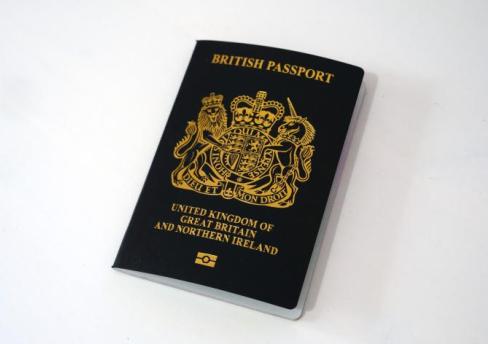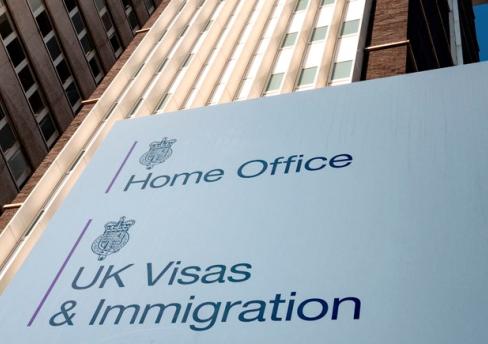I won’t lie, when I read about the remote work visa that has been launched in Barbados it sounded incredible. It’s hard not to be impressed by the idea of working from the beach, particularly as I looked out the window and saw a typical Glasgow downpour. Then my immigration brain kicked in, this sort of arrangement would be difficult for a Tier 2 visa holder and even long term remote working from inside the UK can create a problem for visa holders.

In the last few months we’ve all become used to working from home, and it’s likely to be a regular occurrence for most moving forward. A recent BBC article indicated some firms have no plans to return to the office, and I'm aware of several business who are planning to move to full time remote working.
However, if remote working is to become the norm the Home Office will need to consider their approach to Tier 2 visas. At the moment, the Home Office have temporary guidance allowing Tier 2 visa holders to work from home permanently, but this is likely to be reviewed as lockdown eases.
Before lockdown, remote working was an area that went uncovered in the Sponsor Guidance, but it was a potentially problematic one. The guidance confirms that any sponsored job must be a “genuine vacancy”, and the examples of “non-genuine vacancies” include jobs with exaggerated duties or jobs only created to allow someone to come to the UK. There is no suggestion that a remote worker is not a genuine one, but the Tier 2 visa system was designed at a time when remote working was extremely rare.
I have had discussions with the Home Office where they have suggested a remote worker may not be considered to be filling a “genuine vacancy” as if the job can be done remotely there is no reason it can’t be done in the individual’s home country, or even Barbados. This interpretation isn’t set out in the guidance, but as the definition of a “genuine vacancy” was removed from the Immigration Rules the Home Office has discretion to decide this point.
The Tier 2 visa is due to be replaced by the Skilled Worker visa next year, although the basic goal will remain the same: to attract the “best and brightest” to the UK. In my view, to help make this goal a reality, the Home Office will need to relax their views on remote working as it will become a key part of most businesses’ recruitment strategy.
Until then, businesses considering increasing the number of remote workers once lockdown eases will need to consider:
- If Tier 2 visa holders are going to work remotely, how can the business continue to meet their sponsor obligations? These include monitoring attendance and other key details; and
- If a Tier 2 visa holder is working remotely, how can it be demonstrated that their job could only be done from inside the UK?
The latest Home Office guidance, which allows remote working, was updated on 5 August 2020 so it doesn’t appear that Tier 2 workers are expected to return to the office soon, but we can’t expect the guidance to remain permanently. I recommend that all businesses with Tier 2 employees start to consider these issues now, so they can be well placed to make decisions once the guidance is updated. We can help with this process by:
- Explaining the sponsor obligations, and the records that need to be kept to comply with these;
- Reviewing any remote working policies you have for Tier 2 workers; and
- Suggesting evidence that can be kept to show that a role is a “genuine vacancy”.
If you have Tier 2 employees who are working remotely, and you are considering extending the arrangement as lockdown eases, please get in touch so we can help you meet your obligations to the Home Office.
The content of this webpage is for information only and is not intended to be construed as legal advice and should not be treated as a substitute for specific advice. Morton Fraser LLP accepts no responsibility for the content of any third party website to which this webpage refers. Morton Fraser LLP is authorised and regulated by the Financial Conduct Authority.










